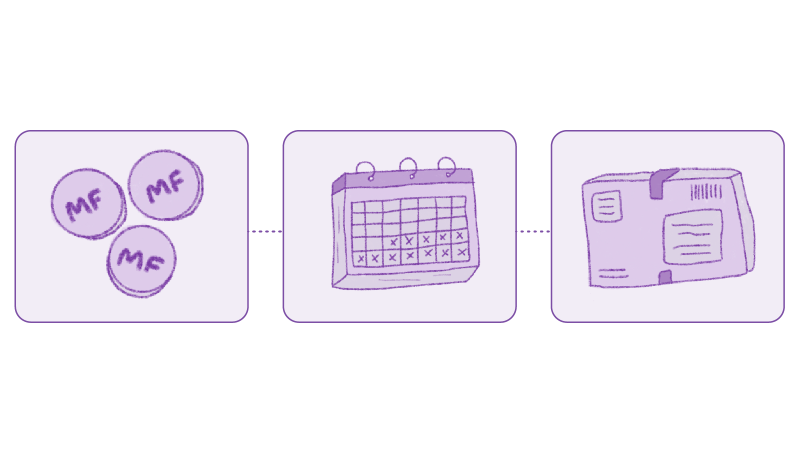The fate of the abortion pill lies with the Supreme Court.
The high court, which has a conservative supermajority, holds the power to maintain full access to the drug or reverse regulation changes that made medication abortion more accessible in recent years. This includes allowing the pills to be prescribed via telemedicine, delivered in the mail and used up to 10 weeks of pregnancy instead of seven.
In a lawsuit brought after the Supreme Court overturned Roe v. Wade in 2022, a federal judge in Texas ruled to suspend the US Food and Drug Administration’s approval of mifepristone — one of two pills used in most medication abortions. The drug is still fully available while the Supreme Court deliberates.
Medication abortion accounts for nearly two-thirds of all US abortions, according to 2023 data from the Guttmacher Institute. At least 5.9 million women have used mifepristone since its FDA approval in 2000. It is also often prescribed for miscarriage treatment.
See a timeline of mifepristone access since it was approved in 2000:
Mifepristone’s safety is well-established. Data analyzed by CNN shows it is safer than some common, low-risk prescription drugs, such as penicillin and Viagra. It also comes with a lower risk of serious complications than the alternatives: procedural abortion and childbirth. Telehealth for medication abortion is also effective and safe, according to a recent study.
Read the full article here

Leave a Reply